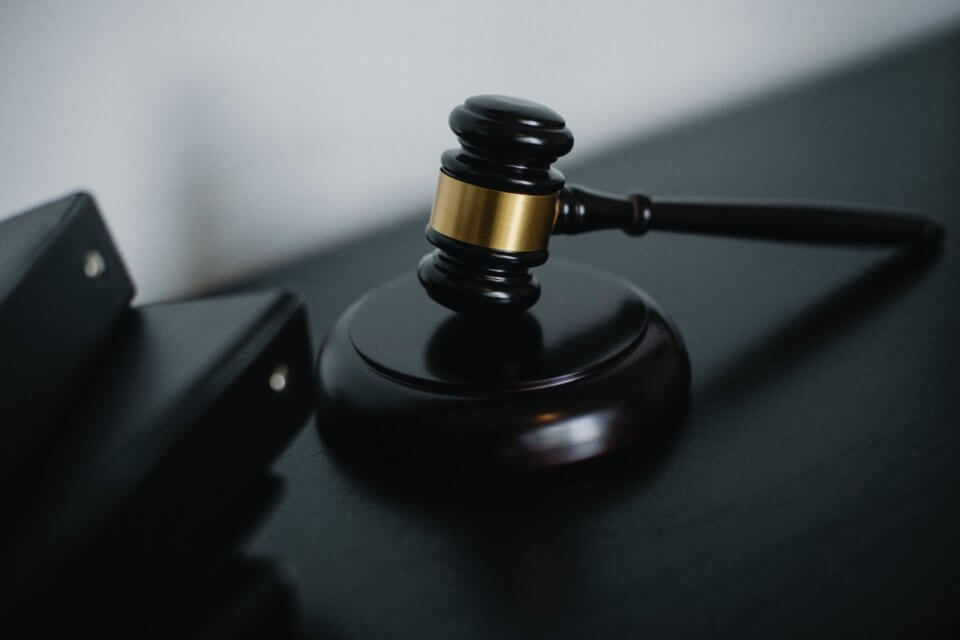Our last post highlighted a groundbreaking court case for Guide Dog Owners, and we now take a closer look at this case from the viewpoint of Leigh Hutchings, Chairman of Disability Watford, who took this case to court.
Here it is, in Leigh’s words.
“My legal case against a taxi driver who refused to give a ride to me, my partner and our Guide Dogs might not set any legal precedent but it is groundbreaking in one or two ways. To our knowledge it is the first time that a taxi company has been taken to the Civil Court as a co-defendant. It is also the first case we are aware of where a taxi driver has refused to take two working guide dogs and one retired guide dog.
Following this incident, I reported the taxi driver to the local licensing department in the area where the offence took place. The driver had his taxi driver licence revoked, then sought to appeal the decision in the Magistrates Court, only to lose the legal appeal due to the circumstances of the case.
Up to this point, neither I nor my partner had received any form of apology from the defendants involved. Hence, on principle, we made a decision to formally pursue that apology and compensation for the discrimination and harassment inflicted, despite knowing it would likely be a long difficult road ahead.
We were lucky that a legal firm got involved in the case, who suggested that, under section 109 of the Equality Act 2010, the taxi company was liable for the actions of their agent, the taxi driver.
This is a shortened story as there were a lot of problems and delays dealing with the Civil Court system all mainly down to the nuances of how the system works. But with the support of our friends at the Travel Access Complaints Service for Disabled People (DTACS, www.dtacs.org) throughout the case, and the legal firm’s advice at the beginning, nearly 4 years later, both defendants were found guilty and judgement made in our favour.
Needless to say, the final judgement was a huge relief and weight off our shoulders. During those 4 years, there were a few times where I nearly gave up, as I knew the judgement would not take into account all the hard work that had gone into dealing with this case. However, as neither defendant – the taxi driver nor the taxi company – seemed to show any sort of remorse for their actions, that strengthened my resolve to see it through.
The outcome of this case really needs to get out there as it will make the taxi companies take notice that under section 109 of the Equality Act 2010 they can’t just ignore the actions of their drivers. These companies need to know that if their drivers unlawfully refuse access, the taxi company could well find themselves in court alongside the offending driver.
We are hugely grateful to all the people and organisations who helped us win this important case. However this is not the end of the story. As we hit so many problems with the Civil Court system, and made some mistakes along the way, I’ve realised there’s a lot that needs to be improved. Hence, going forward, I’ll be campaigning for this system to be made easier for people to get the support of legal services when seeking civil justice for similar breaches of the Equality Act 2010.”
